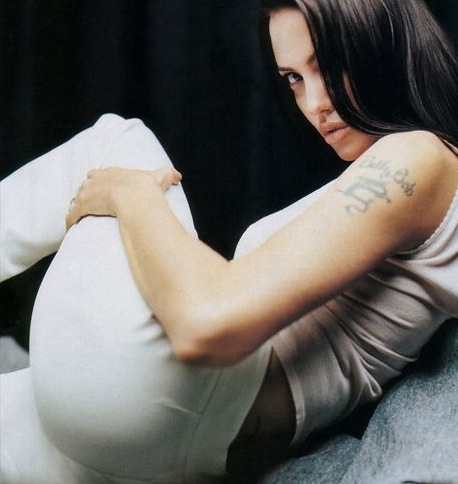It's not. But don't give up quite yet. Just one more to go.
Yesterday we were talking about how the Creed is like a shorthand for church history. Well, there's something to be learned from all that, and that is that the church has a history! That is, that the church as a body didn't sort of appear on the scene full grown after Jesus died -- bloop! -- but rather developed in both its mission and in its understanding of God over time, through new questions and conflicts. It's funny, actually, if you study that first 350 years, in which the fundamentals were slowly established, every time they thought they had it all worked out, someone showed up and said, hey, what about this? Which threw light on whole different questions that now had to be worked out. And so on and so on.
It was like a cosmic game of Jenga. Pull one piece, and a whole other section started to wobble.
 Yikes!
Yikes!Now, as of the middle of the 4th century, some things were ruled pretty much definitive. For instance, we'll never go back and say, well, maybe Jesus wasn't resurrected. We might freely grapple with a lot of other questions, like what exactly did he know when, for instance, or struggle to understand what certain things mean, but the statements in the Creed are essentials. You might struggle with them, but dismiss them and you're outside the borders of what can be considered "Catholic".
 (Ok, maybe not this far outside. You get the idea.)
(Ok, maybe not this far outside. You get the idea.) But beyond those essentials, the same basic dilemma/debate/new theology cycle has continued for the last 2000 years. How to celebrate the liturgy, whether a given act is right or wrong, the relationship with other religions, what happens when you die -- if you looked at the church from the year 400 and compared it to the church of today, it would adhere to the same creed, but it would also look different in a million significant ways, because it has continued to respond to the questions and needs of the worlds in which it finds itself.
That's not to say it's all been lollipops and beach parties. Our history shows that both individually and institutionally we're quite capable of resisting change, of trying to avoid keeping a question open or the conversation going, sometimes to devastating consequence. We are a "pilgrim" church, according to Vatican II, always on the road, never "there" yet, externally or internally.
And that's part of why we're at Mass in the first place.
Travel day tomorrow. Have a great New Year's. I'll be back on Monday!
















No comments:
Post a Comment